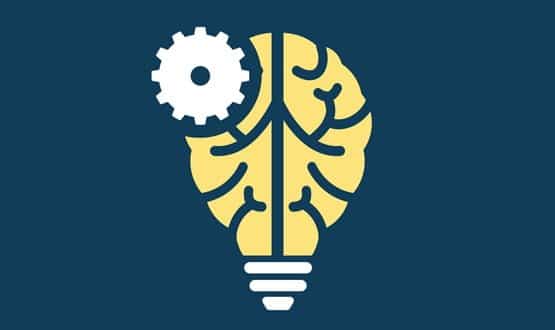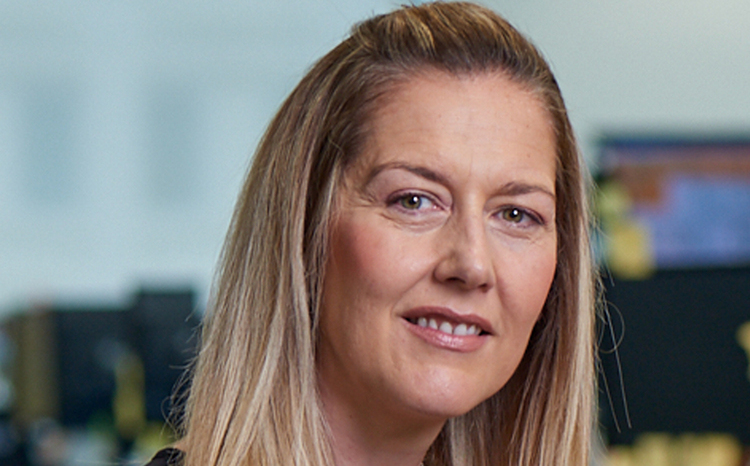Health Education England’s NHS AI roadmap aims to prepare workforce
- 9 March 2022

Health Education England (HEE) has published the first roadmap into the use of artificial intelligence (AI) in the NHS and its impact on the workforce, with the aim of preparing for the future.
The report, which expands on the Topol Review, looks into the use of AI and data-driven technologies that currently exist in the healthcare system, the uptake of these new technologies and the impact so far on the workforce.
Ultimately, the ambition following the publication of this roadmap is to ensure there is a clear strategic framework and plan in place for the next 15-20 years, so that the future workforce know as much as possible about the AI and data-driven technologies that will be in use.
Findings from the report show that diagnostic technology, such as those used in imaging, pathology and endoscopy, was the most common use of AI in healthcare with a 34% share, followed by automation/service efficiency, P4 medicine, remote monitoring, therapeutic and other.
Furthermore, 56 technologies are estimated for a large-scale deployment within a year, with 77% of these technologies used in secondary care, 23% in primary care and 7% in community care, the report shows.
Speaking to Digital Health News, Dr Hatim Abdulhussein, clinical lead for the Digital, Artificial Intelligence and Robotics Technologies in Education (DART-Ed) programme at HEE, said: “The AI roadmap and the dashboard that goes along with it was basically an opportunity for us to start to understand the landscape of the emerging technologies that were currently in the healthcare system.
“This is really just the start for us in this journey. When we set up our DART-Ed programme at HEE, we knew that we needed to do some horizon scanning to really understand the scope and what’s out there.
“This technology is out there and being used, it’s not something that’s 20 years away necessarily, it’s something that’s here and now to some extent, just not in the scalability and spread that will widely affect the workforce,” he added.
“But it will affect certain areas of the workforce quite significantly in terms of the types of technologies that we’re working and interacting with. So, our roadmap is really important to raise that awareness for the leadership groups around those specific workforce areas, that was really the final aim of this work.”
The pandemic shift to digital
Following the Covid-19 pandemic, it has become clear that digital, AI and data-driven technologies are required throughout the NHS now more than ever before.
Abdulhussein said: “I work a couple of days a week in general practice and every time I’m there I see multiple areas where my work could be transformed by the role of technology. I saw a massive shift in the way we were working as a result of the pandemic.
“We have the ability to triage more effectively with the use of things like e-consultations and other types of technologies like that, so I’ve seen massive changes in the way that I work and I think that’s really important.
“But it’s important to capitalise on that change because I think digital transformation is going to be one of the key enablers to be able to deliver the health and care that we want.”
With the ambition to move to integrated care systems (ICSs) in the near future, AI and data-driven technologies are expected to play a significant part in healthcare moving forward.
Abdulhussein added: “I think there’s really a role for these technologies to be aligned to key areas of priority for integrated care systems. The ultimate aim of these types of technologies is to deliver a more personalised and rationalised health care system.
“These technologies could be really interesting if we understand their maturity and link that to areas within ICSs and the roadmap helps to do that.”
AI biases
Despite the many benefits of AI and the breakthroughs in healthcare the technology could lead to, there is one main risk that comes with it. Biases in AI can occur when results cannot be generalised widely and the issue has led to the announcement that the NHS in England is to trial a new approach to AI biases with the aim of eradicating them.
Abdulhussein said: “There’s no question that bias is a risk and it’s something that we really need to be mindful of. In terms of the successful implementation and adoption of AI, if we don’t really consider this, then we have the risk of unintended consequences.
“We need to consider what educational strategy we need to do to ensure that health care professionals are aware of these biases when they’re using the technology.
“We’re building a digital healthcare capability framework which will outline the learning needs for our health care professionals and the capabilities they need to have around AI, other digital healthcare technologies and robotics.”
The ultimate goal
HEE have achieved much in the last few years during a very challenging period, however, looking forward, Hatim Abdulhussein believes there are still many targets to reach and things to achieve.
He concluded: “The ultimate goal for me is to create a healthcare system that enables high quality care for our citizens, which is rational, effective, tailored to the needs of the individual and is powered by healthcare technology, of which data-driven technology is essentially one aspect.
“If we’re going to create that system, the short-term ambition for me is just awareness amongst other key stakeholders, including our learners and healthcare professionals, that this technology does exist and we can use them.
“In the long-term, digital health, AI and data science need to be the new normal part of our professional development, in every curriculum and adequate hands-on training. I want it to be part of our day in day out work and then built into our work to make the healthcare that we deliver better.”




